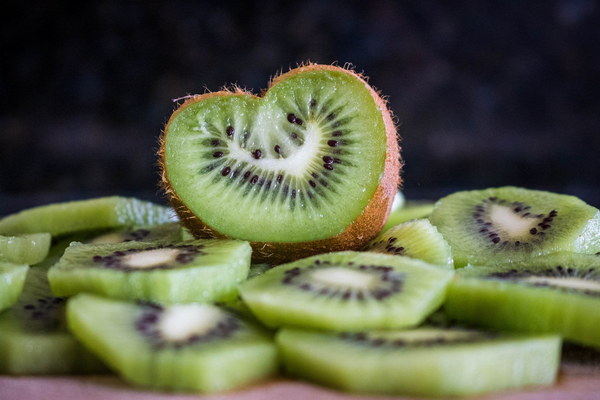Hepatoprotective Elixir The Liver-Boosting Power of Licorice Tea
In the realm of traditional medicine, licorice tea has long been revered for its myriad health benefits, particularly its liver-boosting properties. Known scientifically as Glycyrrhiza uralensis, licorice is a root that has been used for thousands of years in Chinese and Ayurvedic medicine. This herbal tea is not just a delightful beverage; it is a natural hepatoprotective agent that can help safeguard and rejuvenate your liver.
The liver is an essential organ responsible for detoxifying the body, processing nutrients, and producing bile. However, due to modern lifestyles, environmental toxins, and poor dietary choices, the liver can become overburdened and damaged. That's where licorice comes in. Here's a closer look at how this ancient herbal remedy can protect and support your liver health.
The Science of Licorice: How it Works
Licorice root contains a compound called glycyrrhizin, which is believed to be responsible for its liver-protective properties. Glycyrrhizin has been shown to possess several beneficial effects on the liver:

1. Anti-inflammatory Effects: The anti-inflammatory properties of glycyrrhizin can help reduce liver inflammation, which is a common precursor to liver diseases such as hepatitis and cirrhosis.
2. Antioxidant Activity: Licorice is rich in antioxidants, which can neutralize harmful free radicals and protect liver cells from oxidative stress.
3. Hepatoprotective Properties: The herb can help protect liver cells from damage caused by toxins, drugs, and alcohol.
The Liver-Boosting Benefits of Licorice Tea
Here are some of the key benefits of incorporating licorice tea into your daily routine:
1. Supports Liver Function: Licorice tea can help improve liver function by promoting the production of bile, which aids in the digestion and absorption of fats.
2. Protects Against Toxins: The liver is exposed to numerous toxins daily, including environmental pollutants, drugs, and alcohol. Licorice tea can help neutralize these toxins and reduce their impact on the liver.
3. Alleviates Hepatitis Symptoms: For those suffering from hepatitis, licorice tea may help alleviate symptoms and support liver recovery.
4. Promotes Digestion: The anti-inflammatory properties of licorice can help soothe the digestive tract, making it an excellent choice for those with irritable bowel syndrome (IBS) or other digestive disorders.
How to Prepare Licorice Tea
Preparing licorice tea is a simple and delightful process. Here's a basic recipe:
- Ingredients: 1-2 tablespoons of dried licorice root, 8 ounces of water, and optional sweeteners like honey or lemon.
- Instructions:
1. Boil water in a pot and turn off the heat.
2. Add the licorice root to the water and let it steep for 10-15 minutes.
3. Strain the tea and serve hot or cold, sweetened to taste.
It's important to note that while licorice tea can offer significant health benefits, it should be consumed in moderation. High doses of licorice can cause side effects, such as hypertension, potassium depletion, and water retention. Additionally, individuals with certain medical conditions, such as heart disease, kidney disease, or hypertension, should consult a healthcare provider before starting a licorice tea regimen.
In conclusion, licorice tea is a natural, hepatoprotective elixir that can offer a multitude of health benefits, particularly for liver health. By incorporating this ancient herbal remedy into your daily routine, you may be able to support your liver's function, protect it from toxins, and promote overall well-being.









